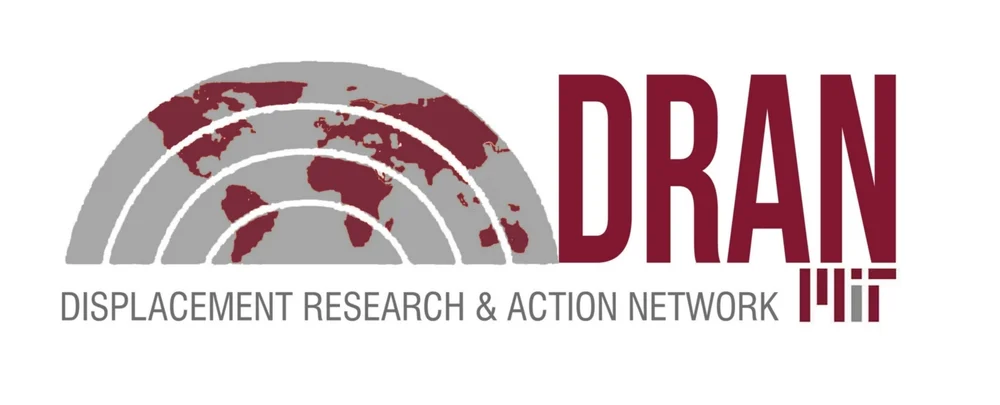An Interview with David Ntseng: Church Land Programme
March 27th, 2015
This interview is first in a four-part series on the anti-displacement work being carried out by participants in the Displacement Research Action Network’s November 2014 conference, Global Convergences: Strategies Against Evictions and Displacement.
David Ntseng is a Programme Manager for the Church Land Programme (CLP) in South Africa. CLP was initiated in 1996 as a joint project between the Association for Rural Advancement (Afra) and the Pietermaritzburg Agency for Christian Social Awareness (Pacsa), in response to the land reform process taking place in South Africa. CLP works to affirm, learn from, and journey with those who are systematically excluded and impoverished in their struggles related to land and justice, and supports people’s struggles for freedom and to regain their collective power.
Members of the Abahlali baseMjondolo movement protest evictions, May 2010
DRAN: Can you elaborate on your work with the Church Land Programme?
David Ntseng: I work for the Church Land Program in South Africa. I am responsible for the work that involves urban struggles relating to rights to the city, rights to housing, and rights to dignity, people’s access to basic services, water, electricity, and so forth.
DRAN: What stands out as the biggest obstacle in your work against displacement?
Ntseng: The role played by capital in how our politicians are carrying on their work as people who are supposed to be protecting the laws meant to enhance people’s lives, or carrying out programs that will be meaningful to changing people’s lives. Capital gets in the way and corrupts the practices of these politicians, making them voluntarily corrupt agents of capital. If there are locations for a set amount of housing, the implementation will see a reduced number of those houses, and the money disappearing. Or poorer quality of houses being built and money disappearing. To me, that is the most serious obstacle. It then forces people’s movements to fight two wars. One is to put elected leaders in office, but also to fight against corruption of leaders and capital. This war is playing out in property, houses, land that people have been forced out of to make way for megaprojects, or in the disguised as part of development so people need to be displaced. Capital has gotten in the way of the duties and responsibilities of politicians that are elected to office.
DRAN: So it becomes an issue of what group the government is really serving?
Ntseng: Exactly, that’s the thing. It is true that laws are used to control and exclude. There may be a law that’s meant to prevent evictions, but it doesn’t prevent evictions; it controls how evictions can be carried out. Even if it is a law meant to prevent arbitrary loss of rights, it doesn’t protect the occupier; it gives regulations on how to get rid of them.
DRAN: So it becomes legal, and harder to challenge.
Ntseng: It’s by no way meant to protect the people, it’s a procedure that is just an anesthetic. The consequence is the same. Whether it happens today or 10 years later, you will be evicted.
DRAN: What role can international partnerships play in your work on displacement?
Ntseng: Some panelists [at Global Convergences] raised the issue of right to livelihood. People working with indigenous people and farming in Brazil, Mexico, or South Africa talk about rights to food sovereignty. Those kinds of discussions open up everything. It’s not just about housing, electricity, or water. It’s livelihood. International partners can be a part of calls to break up the prescribed language coming from either the UN or governments that say “No, these rights are dealt with as separate entities.”
Start talking the language that we create. We must create the language that describes what we expect from governments. Livelihood should be enshrined in constitutions or UN declarations, that’s what we should be striving for. It’s not prescriptive and it’s not alienating. Whether it’s indigenous communities in the Amazon or people in South Africa, when they talk about livelihood they mean the same thing.
DRAN: It’s a common starting point.
Ntseng: Yes, it’s a common starting point. It has a common vision of those who are fighting against extractive industries, or against forced mega-projects like dams, and it gives even a stronger ammunition to people like yourselves in Planning, where you can raise these points early in the discussion of shaping these projects. Saying this design – where does it place the livelihoods of the people in this city? There is a big role that international partners can play – that starts with defining our own terms of how we want to engage and creating our own language – and that will be easy to engage.
